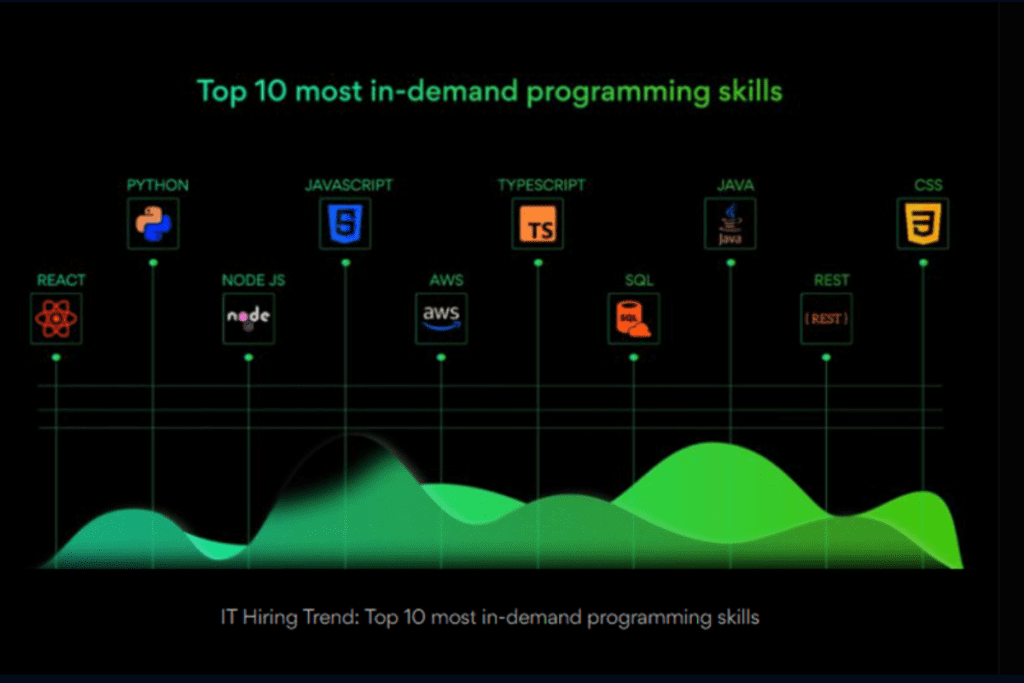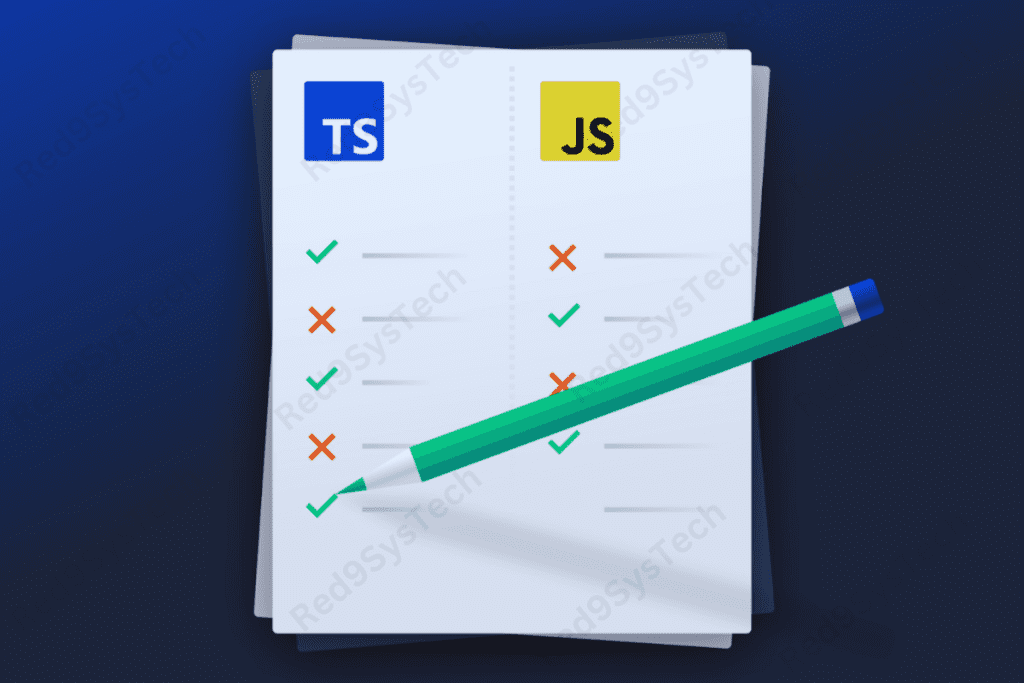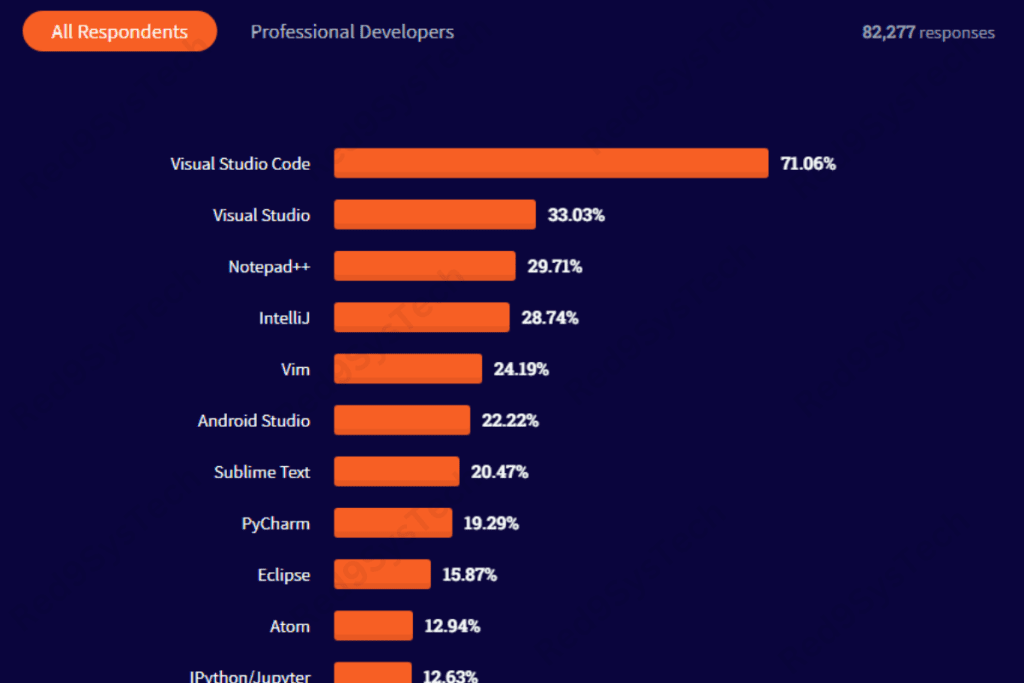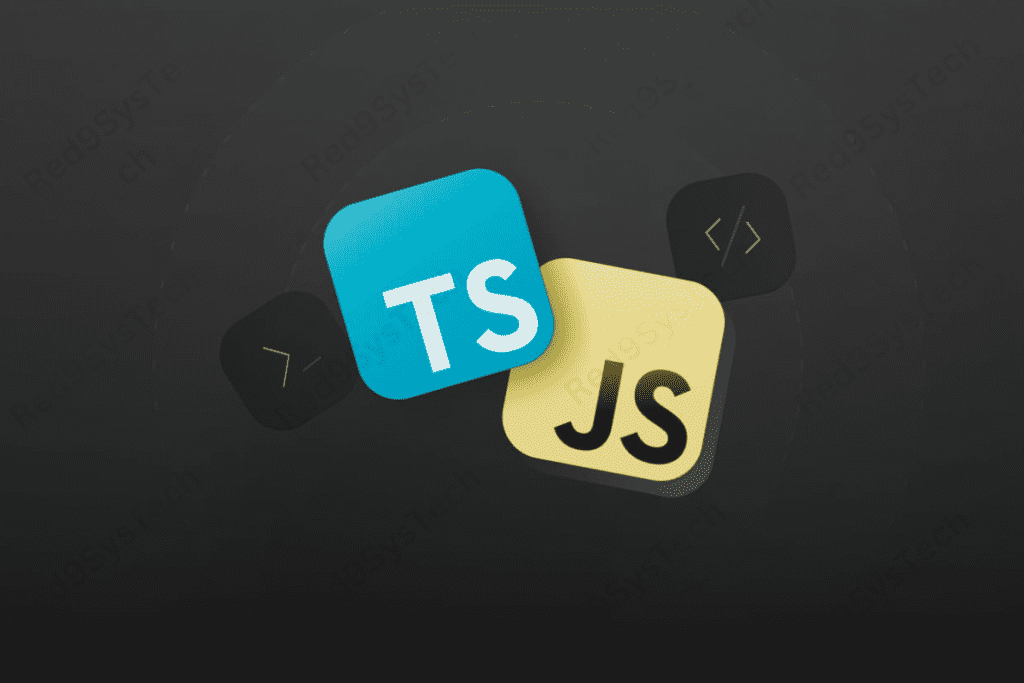The Language of 2025: Is JavaScript Still King?
JavaScript has been the cornerstone of web development for over two decades. From dynamic websites to full-stack apps, its evolution has been nothing short of revolutionary. But in 2025—with the rise of Python, Rust, Go, and TypeScript—is JavaScript still the reigning king of programming languages? Let’s dive deep into the current landscape.

A Quick History of JavaScript
Created in 1995 by Brendan Eich, JavaScript was initially built to make websites interactive. Over the years, it transformed into a full-fledged language capable of powering both frontend and backend development. With the rise of Node.js, React, and Vue, JavaScript has stayed relevant in an ever-evolving tech ecosystem.
Why JavaScript Still Dominates in 2025
Here’s why JavaScript continues to thrive:
Ubiquity on the web: Every browser understands JavaScript.
Full-stack power: Build client-side interfaces with React/Angular and server-side APIs with Node.js.
Rich ecosystem: The largest library of open-source tools and packages (via NPM).
Framework evolution: Frameworks like Next.js, Svelte, and Remix keep the ecosystem modern and efficient.
Explore more about JavaScript.

Frameworks That Keep JavaScript Alive
The JavaScript ecosystem is powered by constantly evolving frameworks:
React.js – The most used frontend library, known for its speed and flexibility.
Angular – A full-featured framework preferred for enterprise apps.
Vue.js – Lightweight, beginner-friendly, and very performant.
Next.js – The future of server-side rendering and static site generation.
All these frameworks rely on JavaScript at their core.
The Rise of TypeScript – A Successor or Ally?
TypeScript, a statically typed superset of JavaScript, is gaining massive traction in enterprise projects. It enhances JavaScript by adding type safety and better tooling, reducing runtime errors and improving code maintainability.
But is TypeScript replacing JavaScript?
Not exactly. It compiles to JavaScript, so it’s more of a power-up than a replacement.
Explore more about JavaScript.

JavaScript in Backend & Beyond
Thanks to Node.js, JavaScript is no longer limited to browsers.
Express.js – Lightweight backend framework
Nest.js – Scalable, TypeScript-ready architecture
Socket.io – Real-time communication for chats/games
JavaScript also supports cloud functions, IoT, and blockchain DApps.
Emerging Rivals – Python, Rust, Go, Dart
Languages like:
Python – Dominates AI, ML, and automation
Rust – Loved for performance and memory safety
Go – Cloud-native favorite for microservices
Dart – With Flutter for cross-platform mobile apps
These aren’t replacing JavaScript but are expanding the programming landscape. JS remains the king in web—but each of these shines in its own domain.
Explore more about JavaScript.

Should You Still Learn JavaScript in 2025?
Absolutely. JavaScript is:
Beginner-friendly
Essential for frontend roles
Necessary for many backend and full-stack careers
The gateway to frameworks like React, Angular, and Svelte
Whether you’re a new developer or looking to switch careers, JavaScript offers endless possibilities in tech.
Final Verdict – Is JavaScript Still King in 2025?
Yes, JavaScript is still the king of the web in 2025. While its role is evolving and it’s gaining allies like TypeScript, no other language has matched its versatility, community support, and sheer ubiquity in the browser and beyond.
Explore more about JavaScript.





